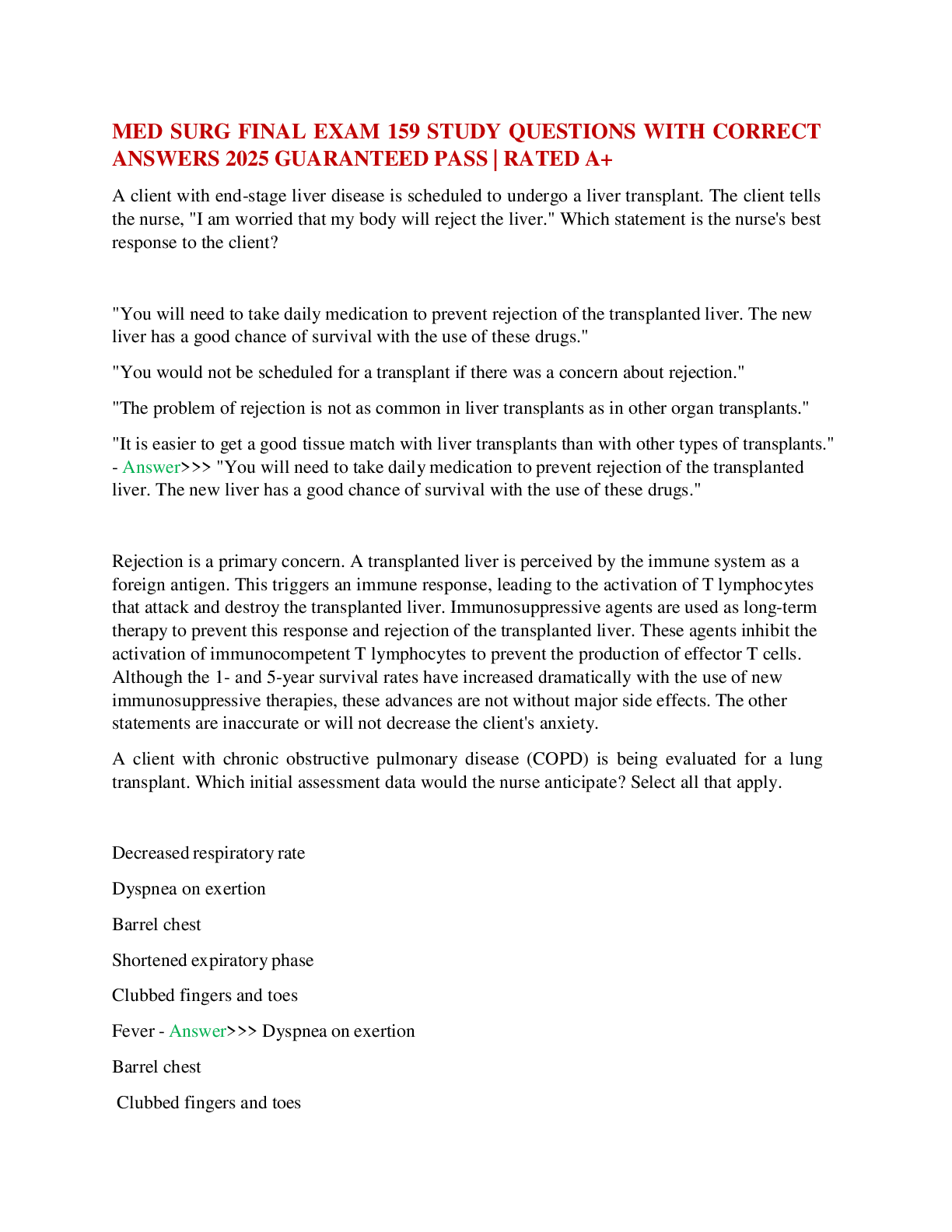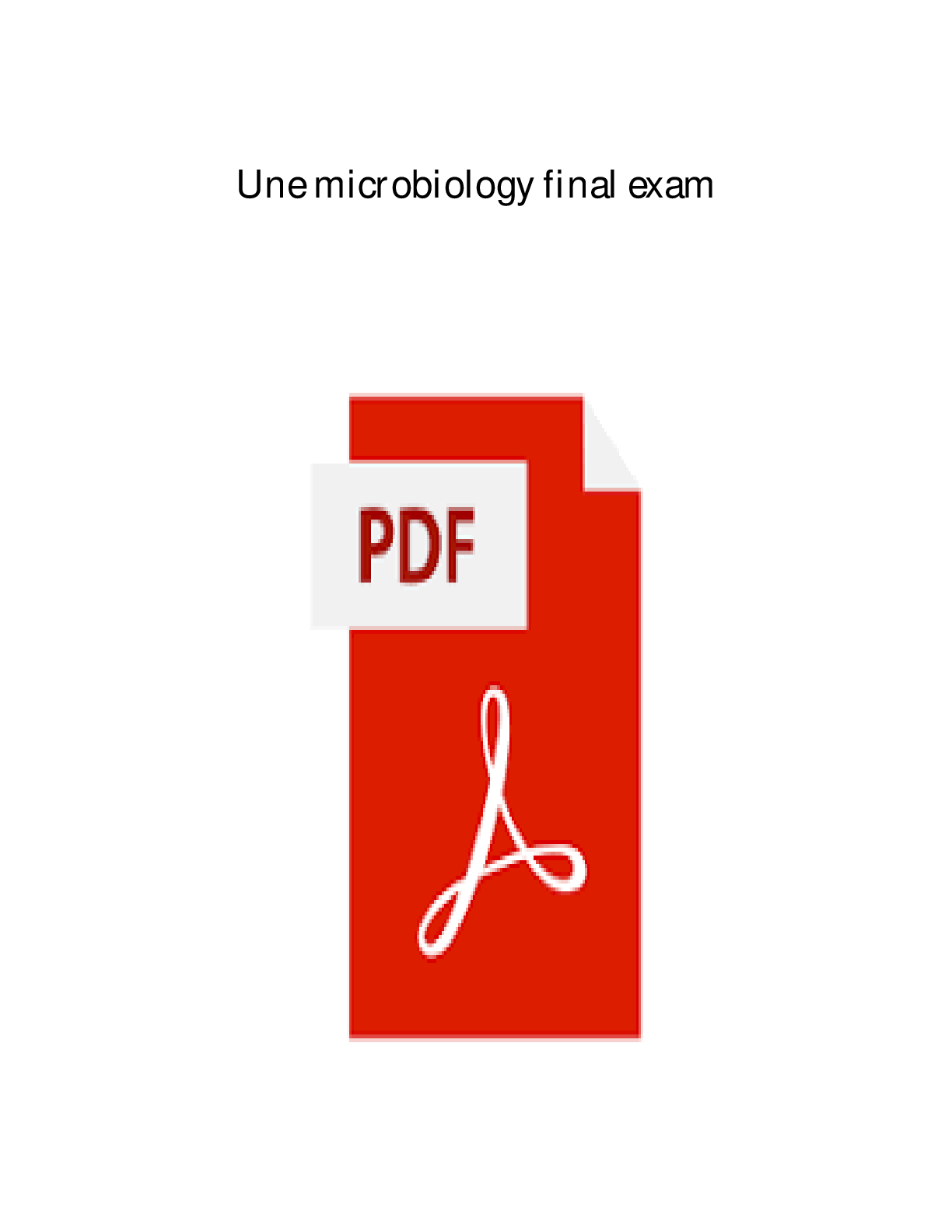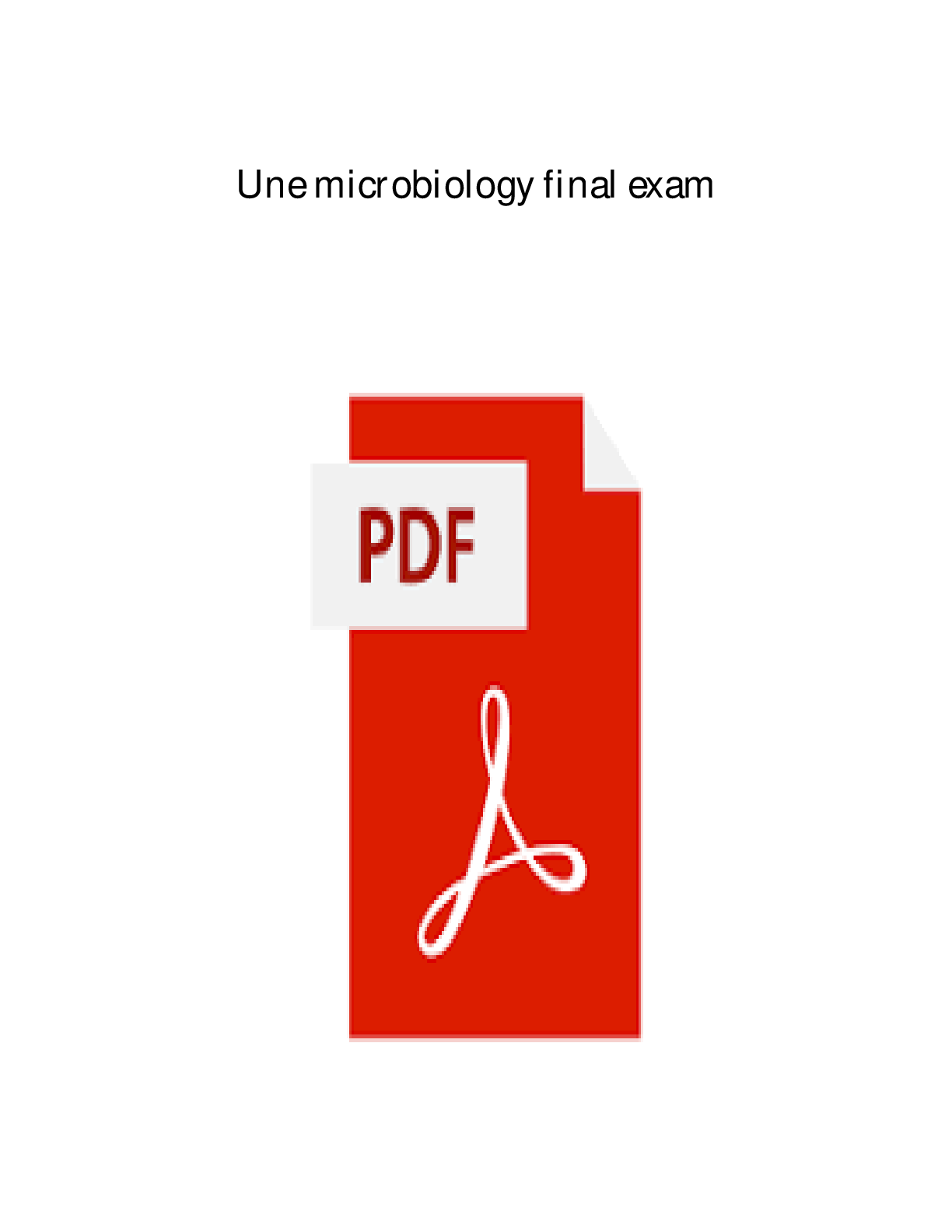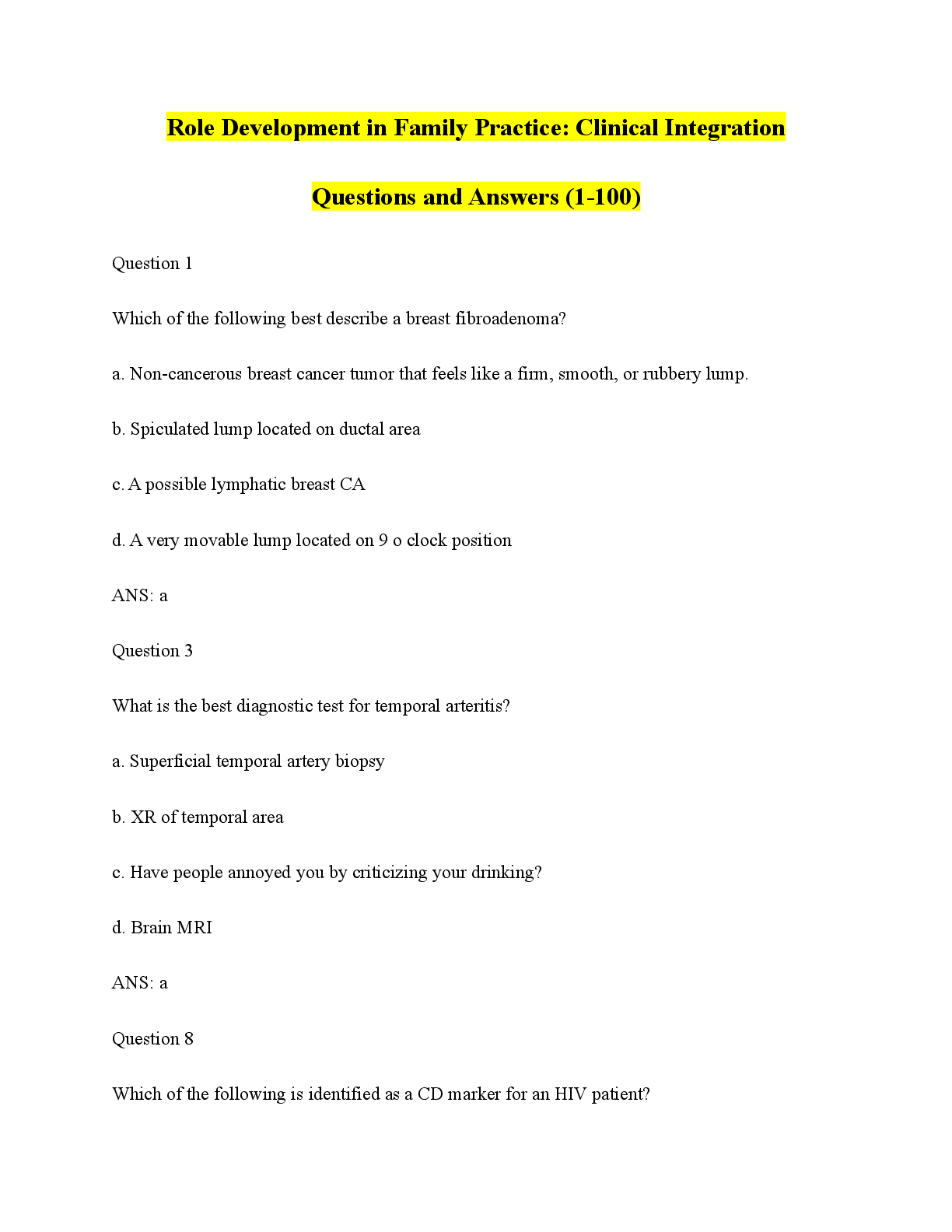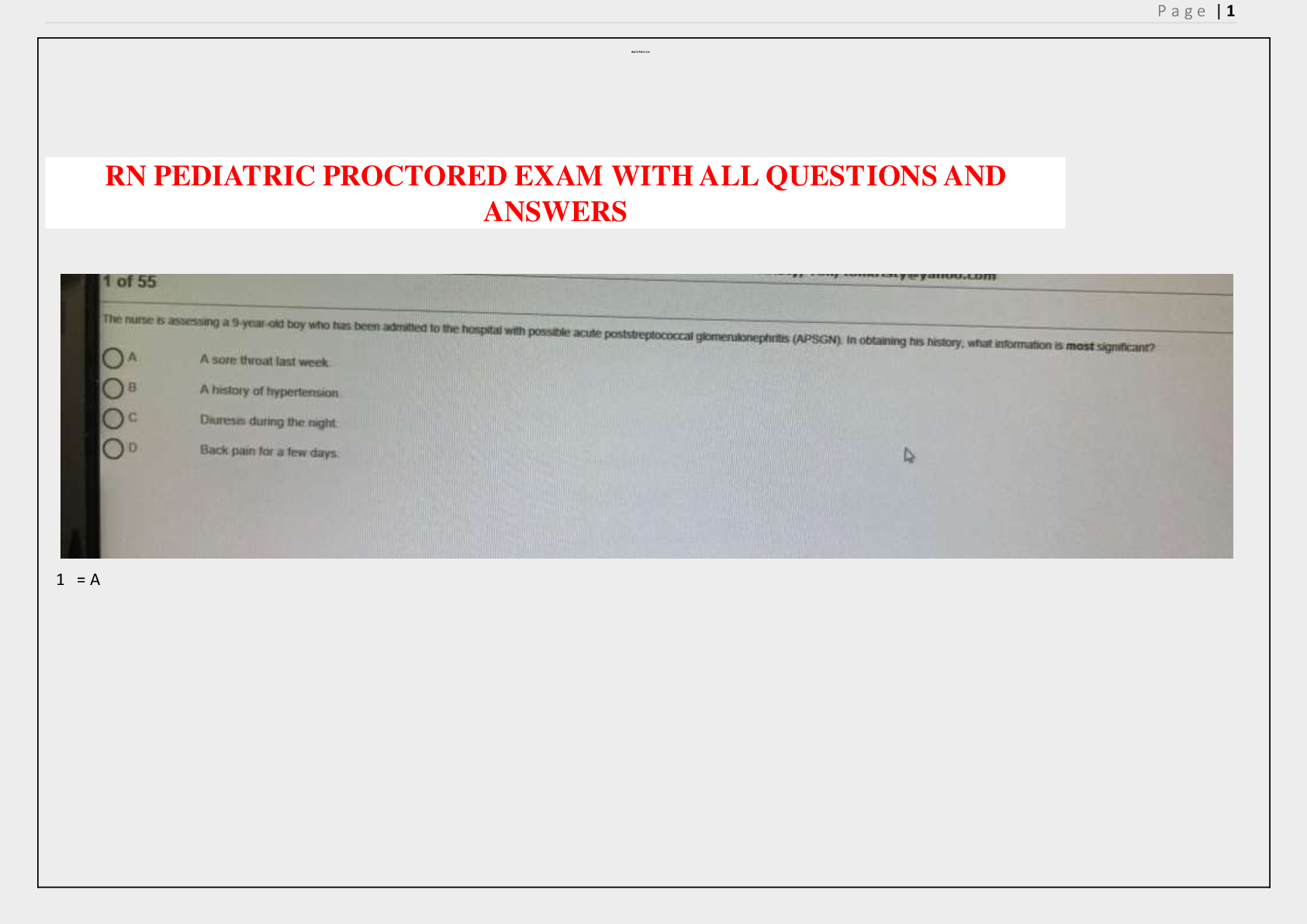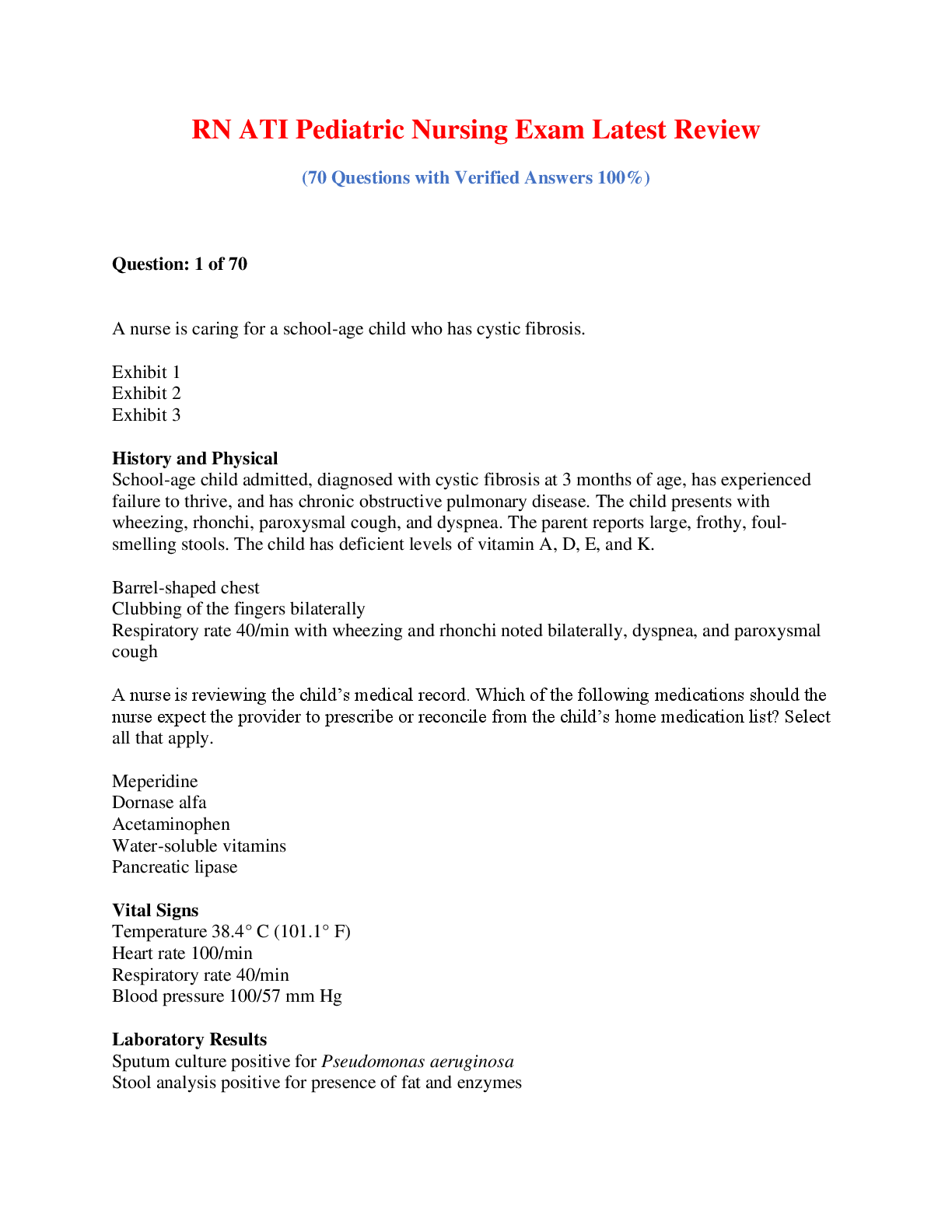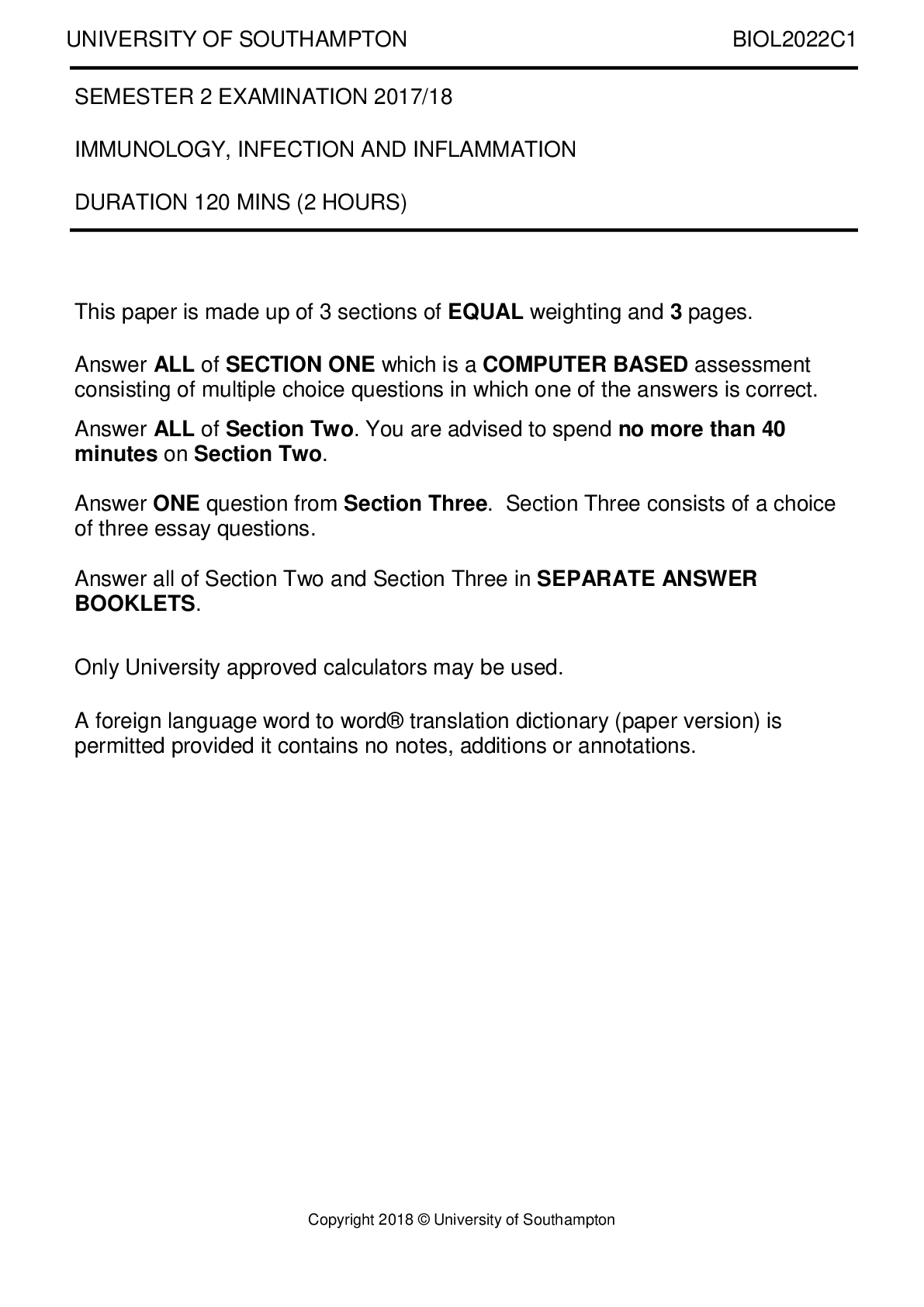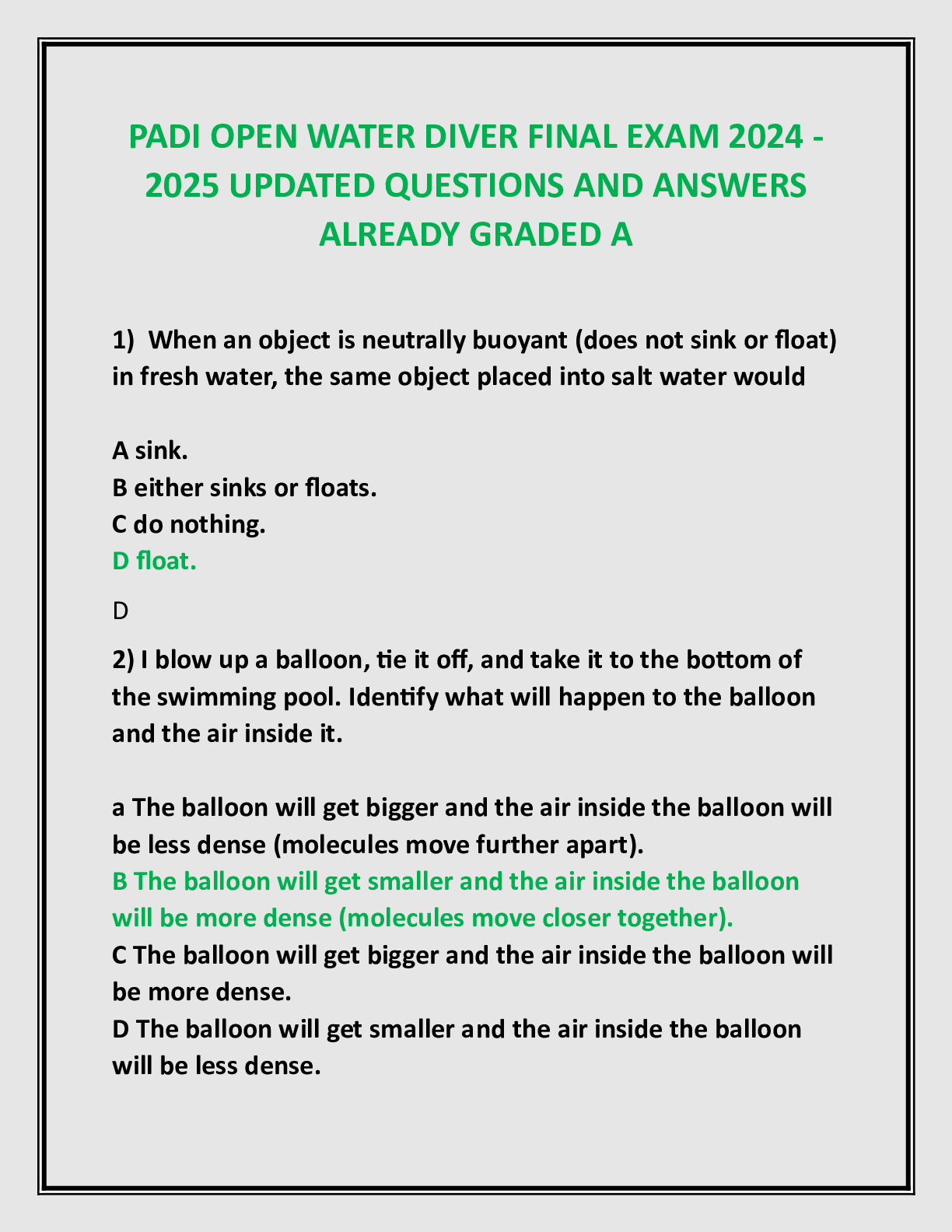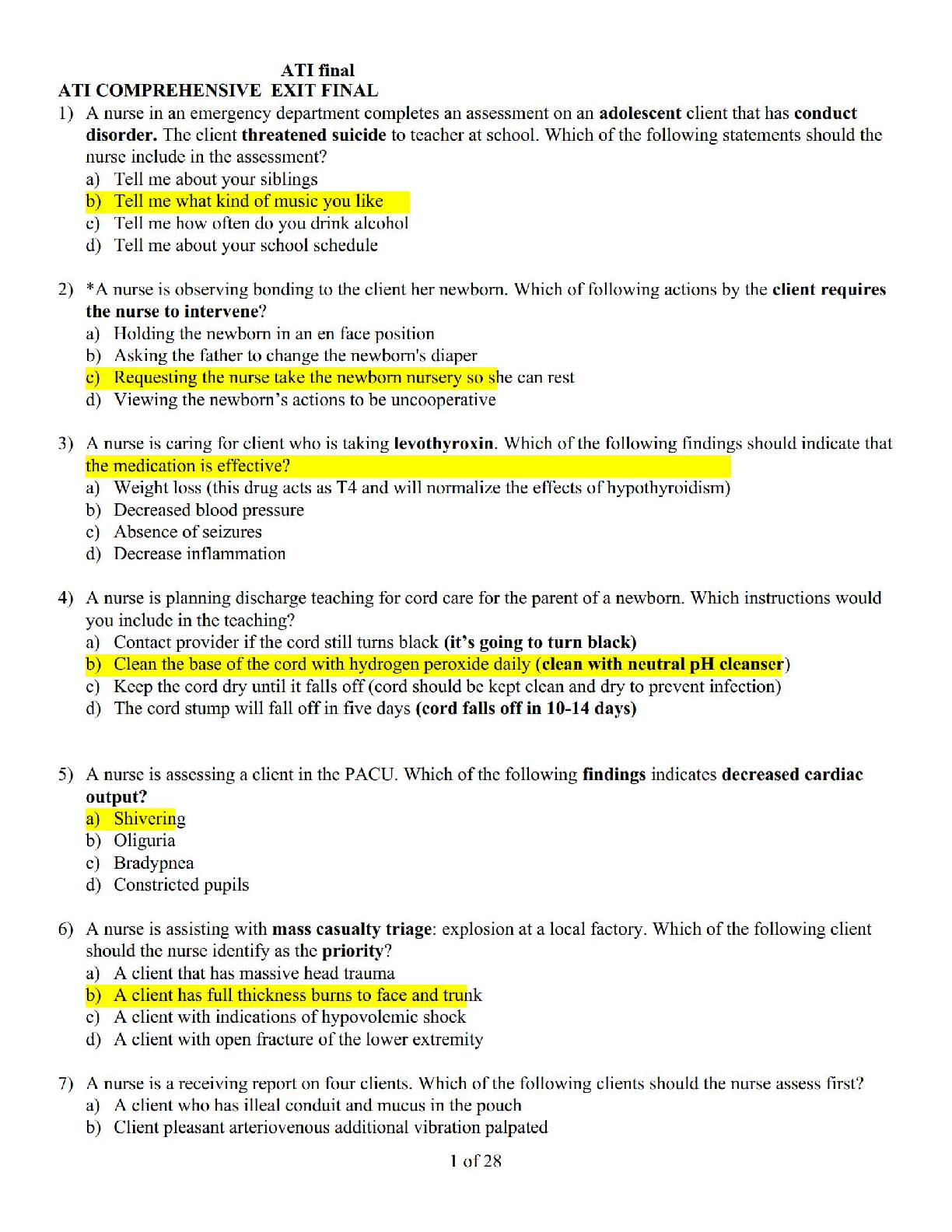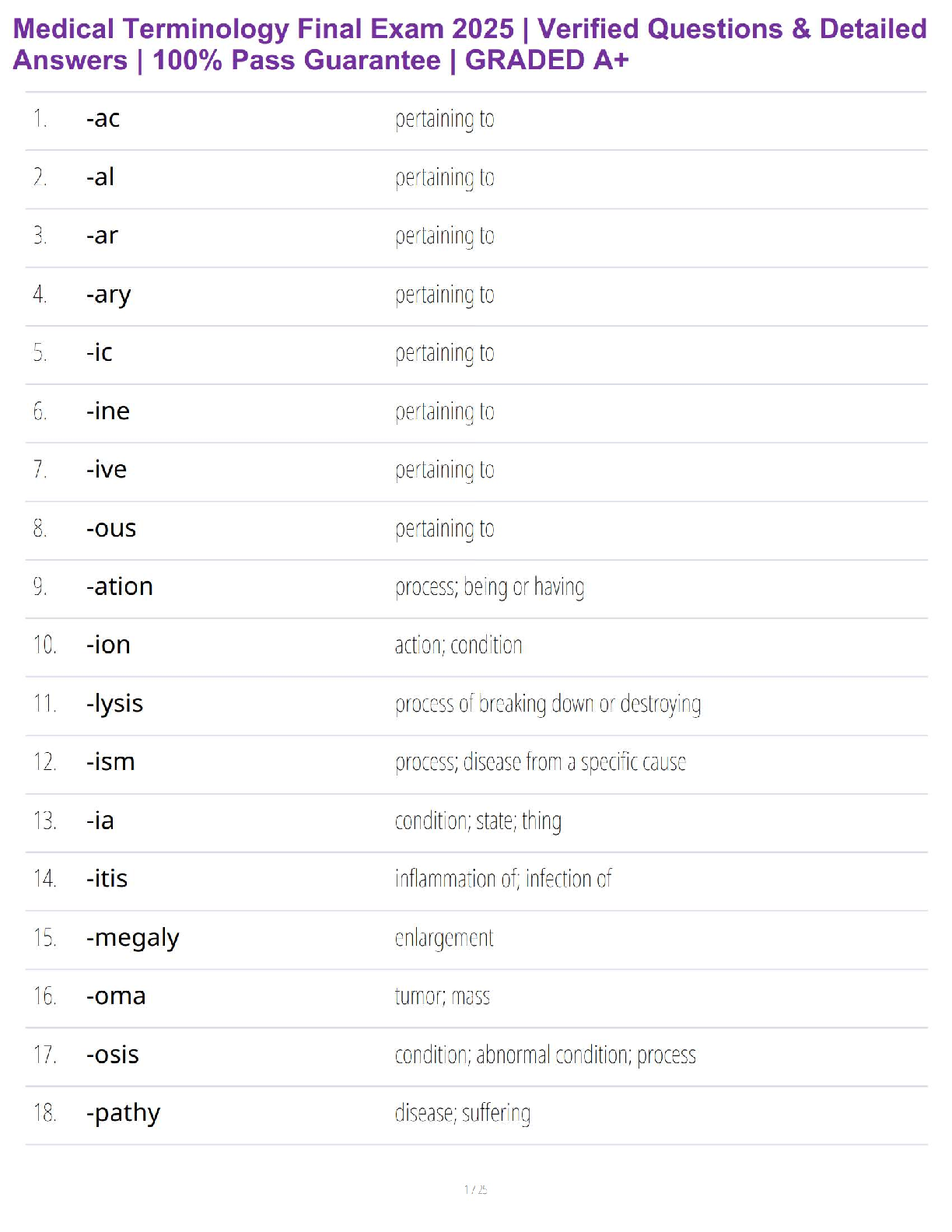
Questions and Answers > MICRO ECONO 238 Intro to Microeconomics Practice Questions 2016
$ 5
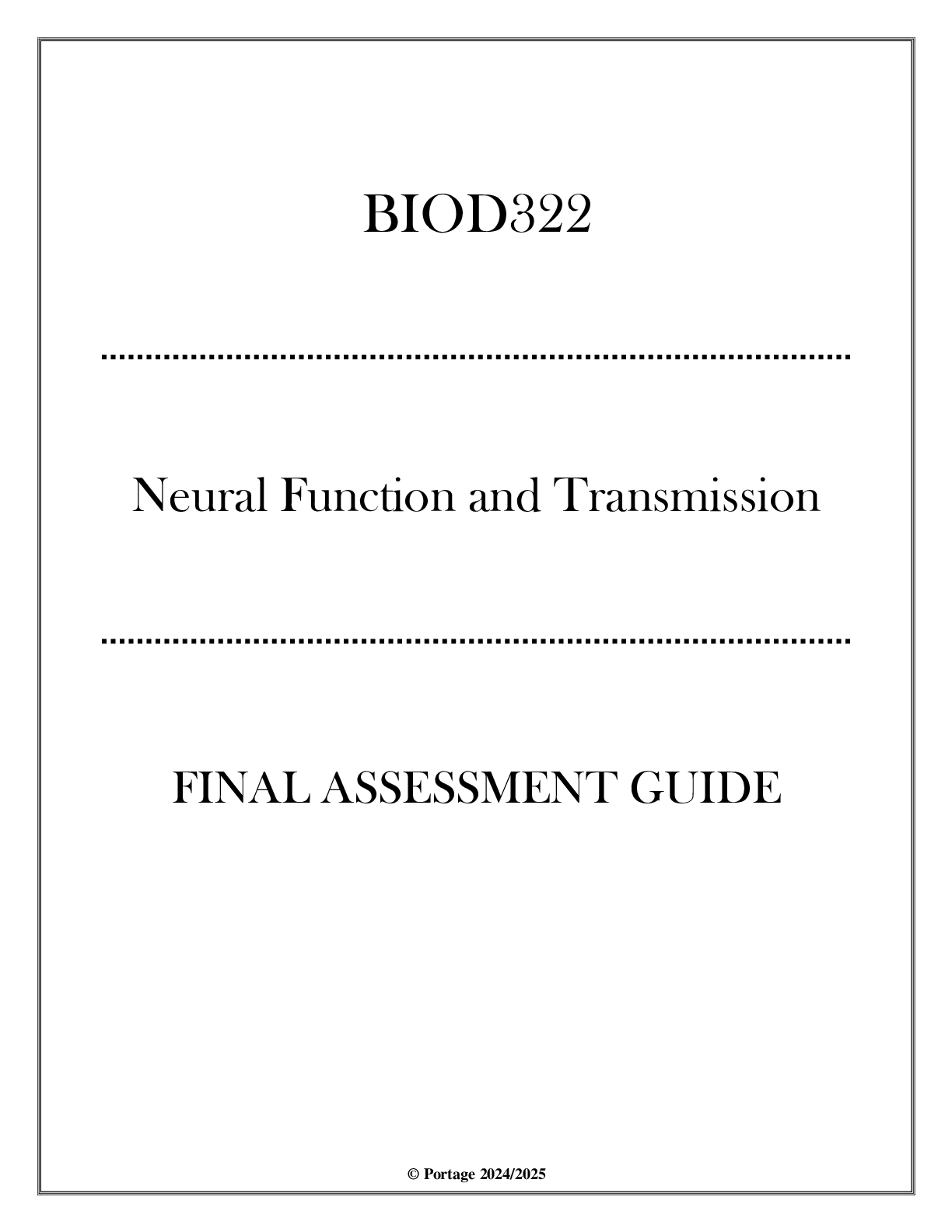
(Portage) BIOD322 - Mod 2 Neural Function & Transmission - Final Assessment Guide 2024-2025
$ 11

[eBook] [PDF] (Scan) Property Law Rules, Policies, and Practices 8th Edition By Joseph William, Bethany Berger, Nestor Davidson, Eduardo Penalver
$ 15

eBook The Roma and Their Struggle for Identity in Contemporary Europe 1st Edition By Huub van Baar, Angéla Kóczé
$ 29

C840 Task 1 Forensic Lab Report. Western Governors University
$ 7
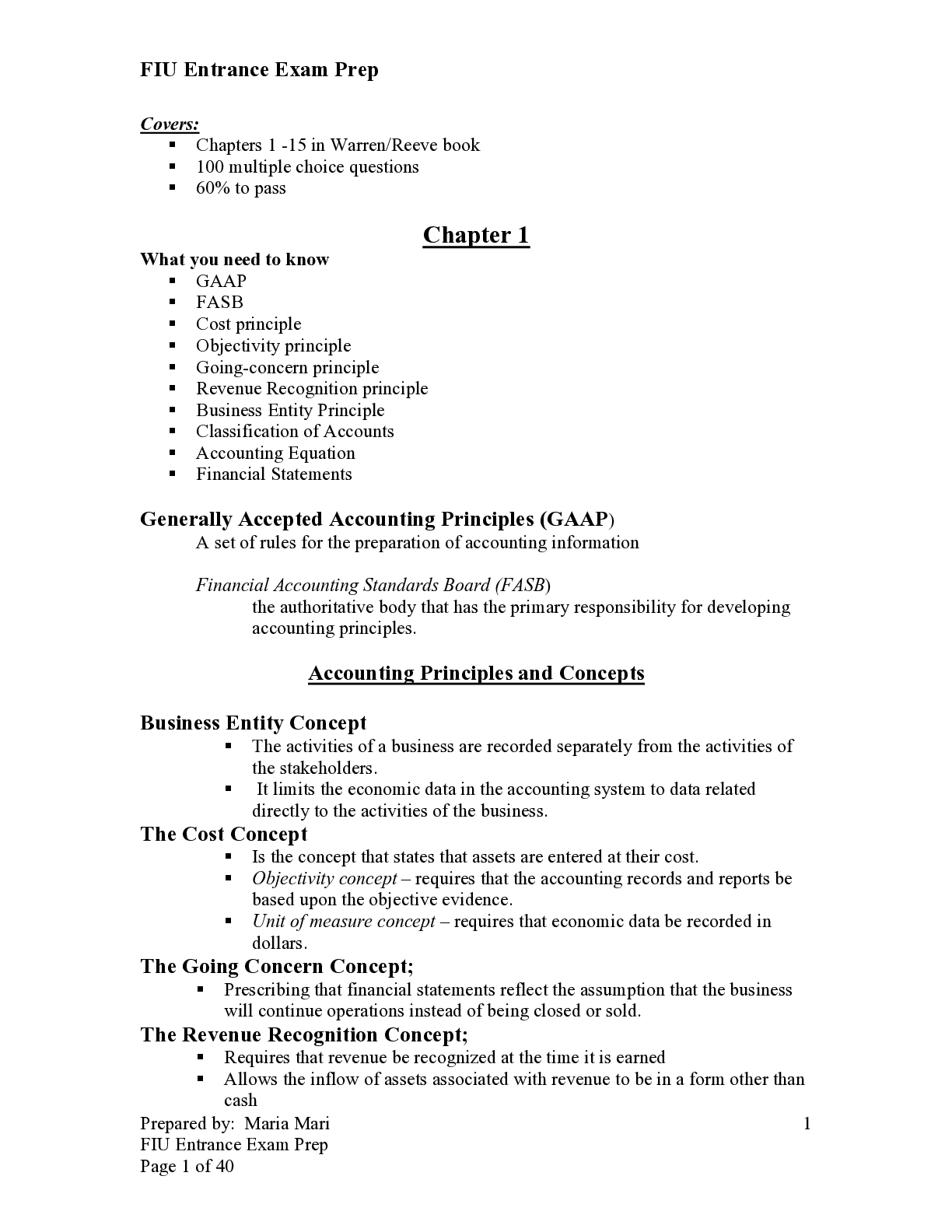
FIU Entrance Exam Prep



